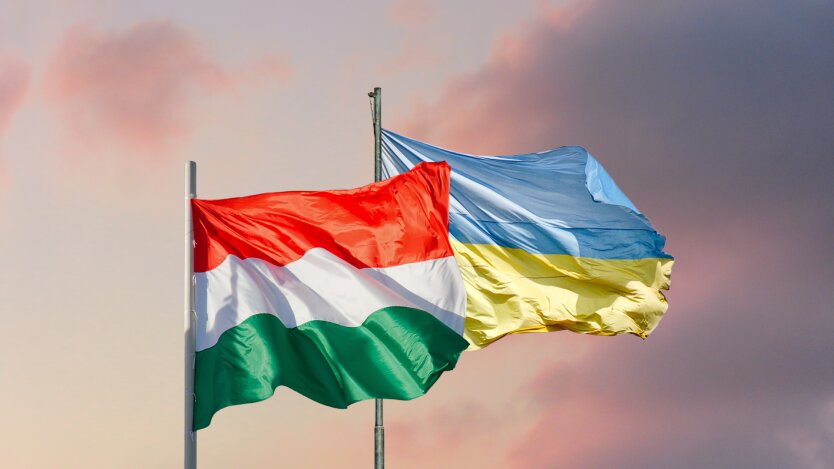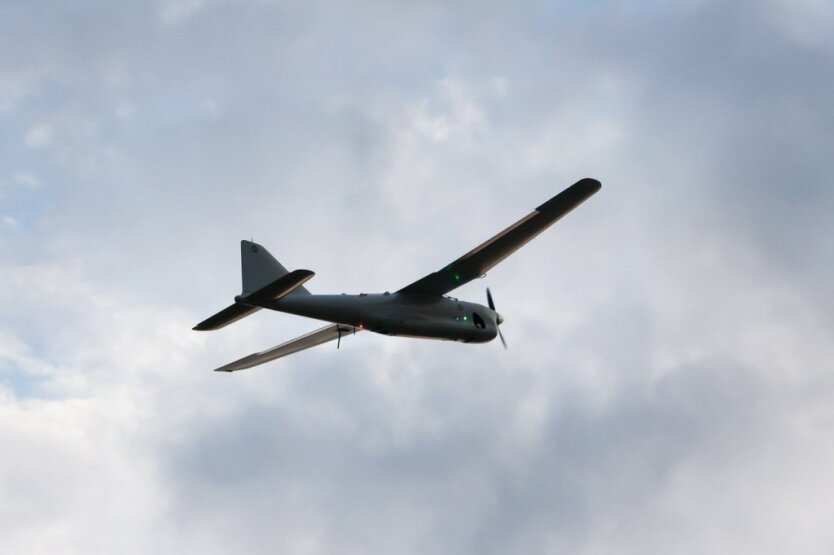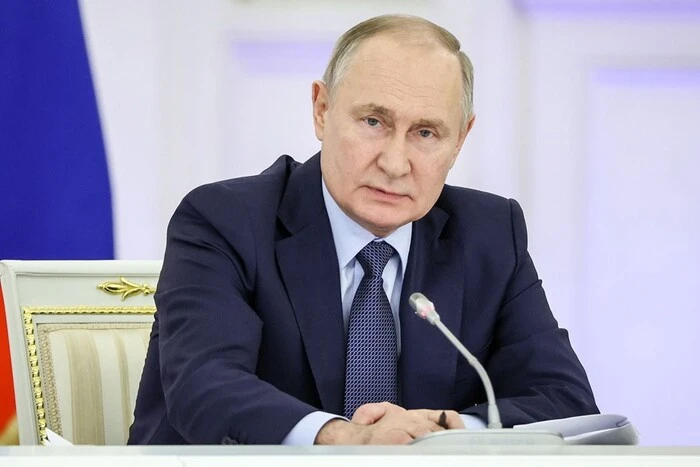Ukraine and the EU modernize the border crossing with Hungary.


Reconstruction of the international border crossing with Hungary
The reconstruction of the international road border crossing with Hungary is starting under the 'Connecting Europe Facility' (CEF) program. This border crossing is strategically important for transport links between Ukraine and Hungary, as it is located on the international highway M-24, which is part of the Mediterranean transport corridor TEN-T. The reconstruction will contribute to increased trade volumes, improved security, enhanced capacity, and comfort at the border.
The project is funded by a grant from the European Union and a loan from the European Investment Bank, with a total budget of 11.6 million euros. Half of this amount is provided by the EU as a grant, and the other half as a loan from the European Investment Bank (EIB).
As part of the reconstruction, it is planned to expand the border crossing, including the reconstruction of the access road, the establishment of a pedestrian area, and additional inspection posts for different types of transport. It is also planned to install two weight-in-motion (WIM) systems for trucks - at the entrance and exit. Hungarian and Ukrainian colleagues also plan to prepare a feasibility study for the overall development of road border crossings between Hungary and Ukraine.
The scope of work will last until the end of 2026, and the procurement procedures for works and services will begin by the end of November this year.
Read also
- Is Iran creating nuclear weapons: US intelligence data
- The Russian Army is increasing the use of drones at the border
- Putin explained why he killed dozens of peaceful people in Kyiv on June 17
- Inventors in the Armed Forces of Ukraine to Receive Money: The Ministry of Defense Will Introduce a Reward System
- The EU has finalized the dates for approving a new sanctions package against Russia
- The Russian Federation scaled up the production of Shaheds. A military expert explained how Ukraine can protect itself










